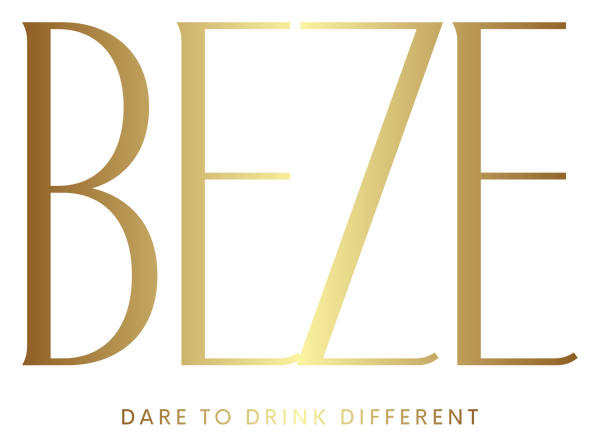The world of wine is vast and diverse, with each region offering its unique flavors and traditions. While Western European countries like France, Italy, and Spain have long been renowned for their wines, there are other hidden gems waiting to be discovered. One such example is Bulgarian wine. Despite its long history and rich winemaking tradition, Bulgarian wine has not yet gained the recognition it deserves among Western European wine enthusiasts. In this article, we delve into the reasons behind this relative obscurity and explore the potential for Bulgarian wine to shine on the international stage.
Limited exposure and marketing:
One significant factor contributing to the lack of popularity of Bulgarian wine is limited exposure and marketing. Bulgarian wine producers often face resource constraints, making it challenging to promote their products on an international scale. As a result, these wines have limited visibility and struggle to capture the attention of Western European markets.
Lack of familiarity:
Western European wine enthusiasts tend to have a strong affinity for wines from their own regions or countries with a longstanding reputation for winemaking. Unfortunately, Bulgarian wines have not yet gained widespread familiarity among these enthusiasts. Historically, Bulgaria's wine industry has faced fluctuations and challenges, including periods of low investment and production of low-quality wines. Consequently, Bulgarian wines have not been as extensively tasted or recognized by Western European consumers.
Perception of quality:
Bulgarian wines have, in the past, been associated with low-quality and mass-produced products. Overcoming this perception is a significant hurdle for the industry. Despite substantial improvements in recent years, it takes time for a region to establish a reputation for consistently producing high-quality wines that can rival the established wine regions of Western Europe.
Land-restoration process following the fall of communism:
Another aspect that has impacted the popularity of Bulgarian wine among Western European wine enthusiasts is the land-restoration process that followed the fall of communism. During the communist era, collectivization and state-controlled agriculture had a profound effect on the wine industry, with a focus on quantity over quality. However, after communism collapsed in 1989, Bulgaria underwent a period of transition and the wine industry had to reestablish itself. This involved reclaiming and restoring vineyards that had fallen into disrepair and revitalizing winemaking practices to meet modern standards. While progress has been made, the legacy of the communist era still influences perceptions of Bulgarian wine and adds an additional layer of challenge in building its reputation.
Availability and distribution:
The limited availability and distribution of Bulgarian wines in Western European markets play a crucial role in their lack of popularity. Wine enthusiasts are more likely to explore and appreciate wines that are readily accessible and actively promoted by importers, distributors, and retailers. The absence of a robust distribution network hinders the growth and awareness of Bulgarian wines among Western European consumers.
Bulgarian wine holds tremendous potential, with its rich winemaking heritage and unique characteristics. While it may not be as popular among Western European wine enthusiasts compared to wines from more established regions, there are signs of progress and growth. As the Bulgarian wine industry continues to invest in quality production, marketing, and distribution, it has the opportunity to win the hearts of wine enthusiasts across the globe. With each passing year, more people are discovering the delights of Bulgarian wine, and it may not be long before it becomes a sought-after choice on the tables of wine connoisseurs in Western Europe and beyond.
Remember, exploring the world of wine goes beyond the familiar names and regions. It's about embracing the diversity and uncovering hidden treasures that surprise and delight the palate. So, next time you're browsing the wine aisle (online of offline 😉), consider giving Bulgarian wine a chance. Who knows, you may stumble upon an exceptional bottle that becomes your new favorite. Mine is Midalidare's Sauvignon Blanc - Silver Angel. Cheers to the world of wine, where endless possibilities await!
- Stela Staleva, Founder of BEZE

